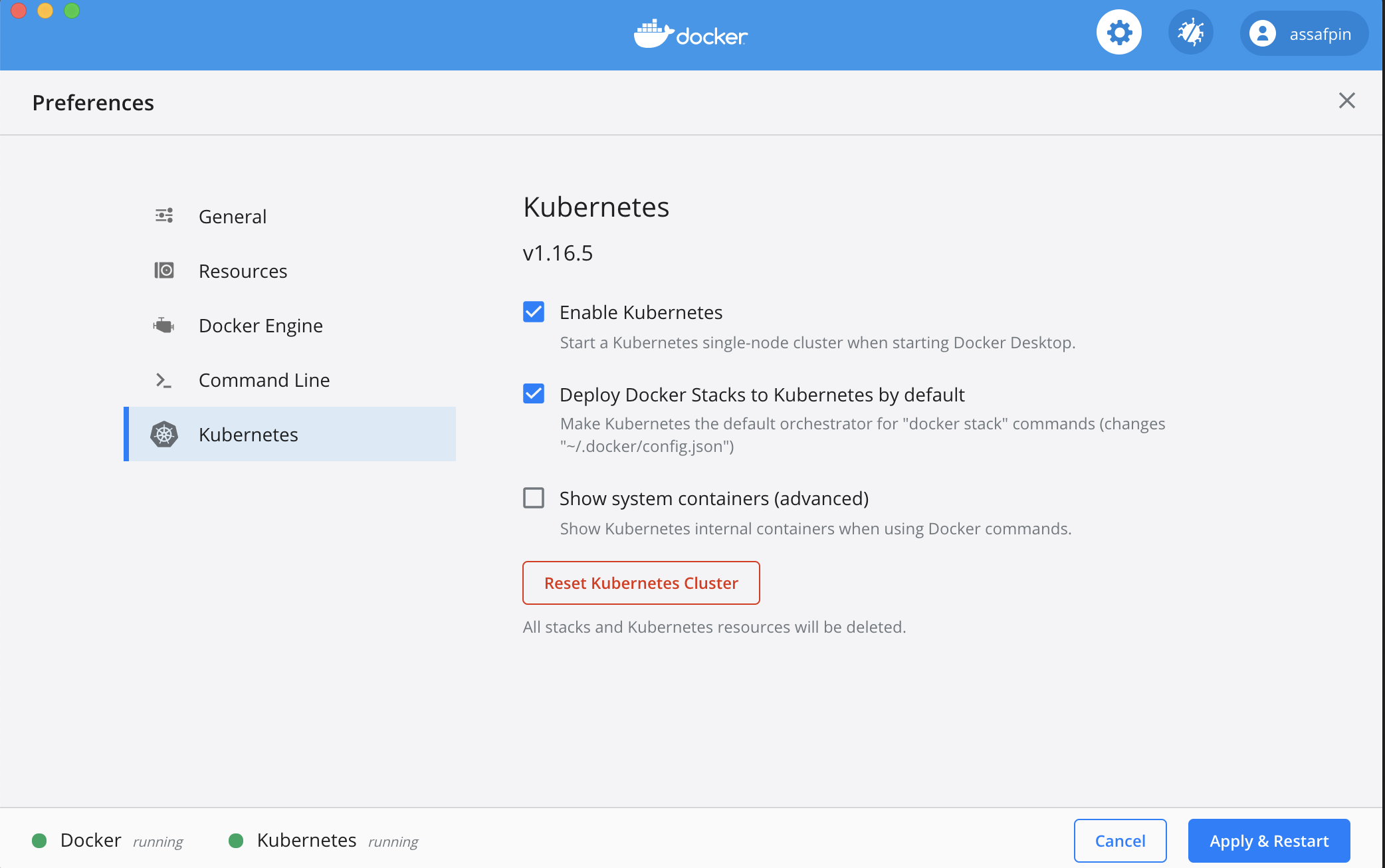Data from "Datamodels: Predicting Predictions with Training Data"
Here we provide the data used in the paper "Datamodels: Predicting Predictions with Training Data" (arXiv, Blog).
Note that all of the data below is stored on Amazon S3 using the “requester pays” option to avoid a blowup in our data transfer costs (we put estimated AWS costs below)---if you are on a budget and do not mind waiting a bit longer, please contact us at [email protected] and we can try to arrange a free (but slower) transfer.
Citation
To cite this data, please use the following BibTeX entry:
@inproceedings{ilyas2022datamodels,
title = {Datamodels: Predicting Predictions from Training Data},
author = {Andrew Ilyas and Sung Min Park and Logan Engstrom and Guillaume Leclerc and Aleksander Madry},
booktitle = {ArXiv preprint arXiv:2202.00622},
year = {2022}
}
Overview
We provide the data used in our paper to analyze two image classification datasets: CIFAR-10 and (a modified version of) FMoW.
For each dataset, the data consists of two parts:
- Training data for datamodeling, which consists of:
- Training subsets or "training masks", which are the independent variables of the regression tasks; and
- Model outputs (correct-class margins and logits), which are the dependent variables of the regression tasks.
- Datamodels estimated from this data using LASSO.
For each dataset, there are multiple versions of the data depending on the choice of the hyperparameter α, the subsampling fraction (this is the random fraction of training examples on which each model is trained; see Section 2 of our paper for more information).
Following table shows the number of models we trained and used for estimating datamodels (also see Table 1 in paper):
| Subsampling α (%) | CIFAR-10 | FMoW |
|---|---|---|
| 10 | 1,500,000 | N/A |
| 20 | 750,000 | 375,000 |
| 50 | 300,000 | 150,000 |
| 75 | 600,000 | 300,000 |
Training data
For each dataset and $\alpha$, we provide the following data:
# M is the number of models trained
/{DATASET}/data/train_masks_{PCT}pct.npy # [M x N_train] boolean
/{DATASET}/data/test_margins_{PCT}pct.npy # [M x N_test] np.float16
/{DATASET}/data/test_margins_{PCT}pct.npy # [M x N_train] np.float16
(The files live in the Amazon S3 bucket madrylab-datamodels; we provide instructions for acces in the next section.)
Each row of the above matrices corresponds to one instance of model trained; each column corresponds to a training or test example. CIFAR-10 examples are organized in the default order; for FMoW, see here. For example, a train mask for CIFAR-10 has the shape [M x 50,000].
For CIFAR-10, we also provide the full logits for all ten classes:
/cifar/data/train_logits_{PCT}pct.npy # [M x N_test x 10] np.float16
/cifar/data/test_logits_{PCT}pct.npy # [M x N_test x 10] np.float16
Note that you can also compute the margins from these logits.
We include an addtional 10,000 models for each setting that we used for evaluation; the total number of models in each matrix is M as indicated in the above table plus 10,000.
Datamodels
All estimated datamodels for each split (train or test) are provided as a dictionary in a .pt file (load with torch.load):
/{DATASET}/datamodels/train_{PCT}pct.pt
/{DATASET}/datamodels/test_{PCT}pct.pt
Each dictionary contains:
weight: matrix of shapeN_train x N, whereNis eitherN_trainorN_testdepending on the group of target examplesbias: vector of lengthN, corresponding to biases for each datamodellam: vector of lengthN, regularization λ chosen by CV for each datamodel
Downloading
We make all of our data available via Amazon S3. Total sizes of the training data files are as follows:
| Dataset, α (%) | masks, margins (GB) | logits (GB) |
|---|---|---|
| CIFAR-10, 10 | 245 | 1688 |
| CIFAR-10, 20 | 123 | 849 |
| CIFAR-10, 50 | 49 | 346 |
| CIFAR-10, 75 | 98 | 682 |
| FMoW, 20 | 25.4 | - |
| FMoW, 50 | 10.6 | - |
| FMoW, 75 | 21.2 | - |
Total sizes of datamodels data (the model weights) are 16.9 GB for CIFAR-10 and 0.75 GB for FMoW.
API
You can download them using the Amazon S3 CLI interface with the requester pays option as follows (replacing the fields {...} as appropriate):
aws s3api get-object --bucket madrylab-datamodels \
--key {DATASET}/data/{SPLIT}_{DATA_TYPE}_{PCT}.npy \
--request-payer requester \
[OUT_FILE]
For example, to retrieve the test set margins for CIFAR-10 models trained on 50% subsets, use:
aws s3api get-object --bucket madrylab-datamodels \
--key cifar/data/test_margins_50pct.npy \
--request-payer requester \
test_margins_50pct.npy
Pricing
The total data transfer fee (from AWS to internet) for all of the data is around $374 (= 4155 GB x 0.09 USD per GB).
If you only download everything except for the logits (which is sufficient to reproduce all of our analysis), the fee is around $53.
Loading data
The data matrices are in numpy array format (.npy). As some of these are quite large, you can read small segments without reading the entire file into memory by additionally specifying the mmap_mode argument in np.load:
X = np.load('train_masks_10pct.npy', mmap_mode='r')
Y = np.load('test_margins_10pct.npy', mmap_mode='r')
...
# Use segments, e.g, X[:100], as appropriate
# Run regress(X, Y[:]) using choice of estimation algorithm.
FMoW data
We use a customized version of the FMoW dataset from WILDS (derived from this original dataset) that restricts the year of the training set to 2012. Our code is adapted from here.
To use the dataset, first download WILDS using:
pip install wilds
(see here for more detailed instructions).
In our paper, we only use the in-distribution training and test splits in our analysis (the original version from WILDS also has out-of-distribution as well as validation splits). Our dataset splits can be constructed as follows and used like a PyTorch dataset:
from fmow import FMoWDataset
ds = FMoWDataset(root_dir='/mnt/nfs/datasets/wilds/',
split_scheme='time_after_2016')
transform_steps = [
transforms.ToTensor(),
transforms.Normalize([0.485, 0.456, 0.406], [0.229, 0.224, 0.225])
]
transform = transforms.Compose(transform_steps)
ds_train = ds.get_subset('train', transform=transform)
ds_test = ds.get_subset('id_test', transform=transform)
The columns of matrix data described above is ordered according to the default ordering of examples given by the above constructors.




